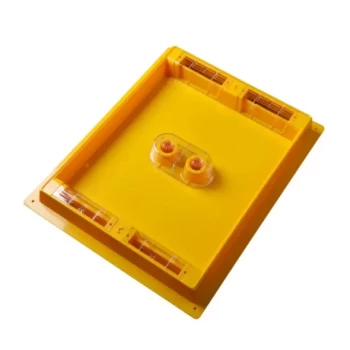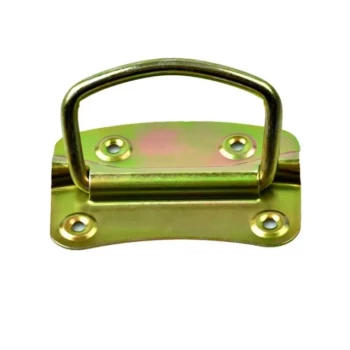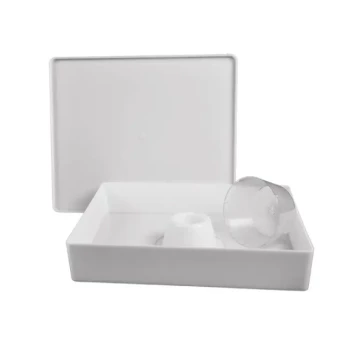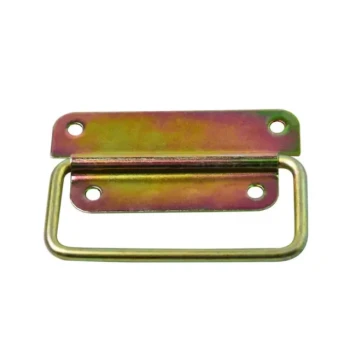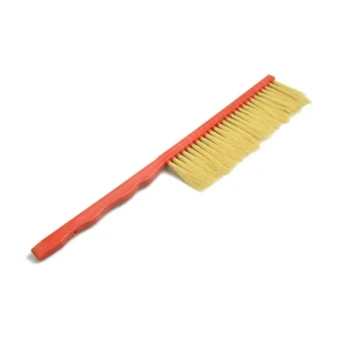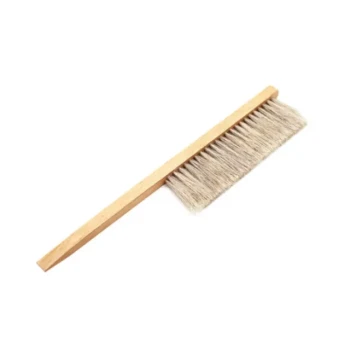In short, yes. Modern plastic beehives are not only good, but they are an excellent and highly practical choice for many beekeepers. They offer significant advantages in durability, pest resistance, and low maintenance compared to traditional wooden hives, and have been used for years without negative impacts on bee colony health.
The decision between plastic and wood is not about which is universally "better," but about a fundamental trade-off. You are choosing between the modern efficiency and resilience of plastic and the traditional breathability and aesthetic of wood.
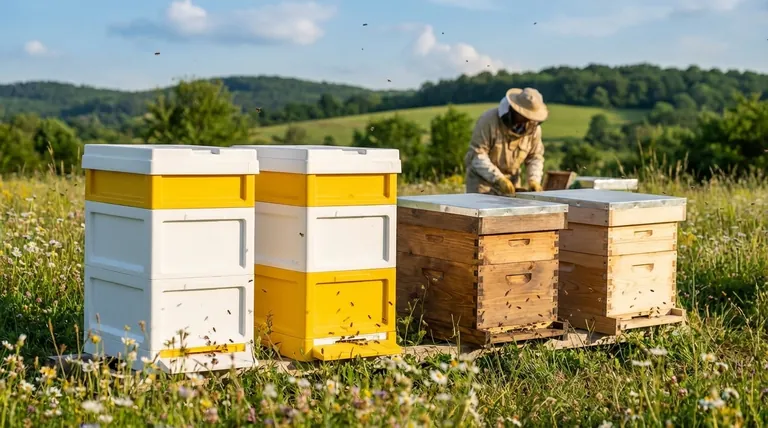
The Core Advantages of Plastic Hives
Plastic hive components, from the hive bodies to the frames and foundation, are engineered to solve many of the chronic problems associated with woodenware.
Unmatched Durability and Longevity
Unlike wood, high-quality plastic hives are impervious to rot. They do not absorb moisture, which prevents the deterioration, warping, and splitting that plagues wooden hives in wet climates.
This material resilience also provides a strong defense against pests. Pests like wax moths cannot burrow into or destroy plastic frames and foundations as they can with wax and wood.
This inherent toughness means plastic hives generally have a significantly longer lifespan with far less need for repair or replacement.
Simplified Maintenance and Operation
Plastic components dramatically reduce the time and effort required for hive maintenance. Frames can be pressure washed and even bleached to sterilize them after a disease outbreak, a process that would destroy wooden frames.
For beekeepers who run many hives, the operational benefits are clear. Plastic foundation comes ready to use, eliminating the time-consuming task of wiring frames. The durability of plastic frames also means they hold up exceptionally well to the stress of honey extraction machinery.
Furthermore, many beekeepers find that black plastic foundation makes it much easier to spot the tiny, white queen eggs, simplifying hive inspections.
Superior Thermal Insulation
Plastic is a poor conductor of heat, which means it is a good insulator. This property helps maintain a more stable temperature inside the hive.
In the critical periods of early spring and late autumn, this insulation provides a warmer and less drafty environment for the bees. This can reduce food consumption and support healthier colony buildup when temperatures fluctuate.
Understanding the Trade-offs
While plastic offers compelling benefits, it is not without its considerations. Acknowledging the trade-offs is key to making an informed choice.
Moisture Management
The primary downside of plastic's non-porous nature is that it does not breathe like wood. This can lead to condensation buildup inside the hive, especially in cool, humid weather.
Proper ventilation, including screened bottom boards or upper entrances, is absolutely critical when using plastic equipment to prevent excess moisture that can stress the colony.
Initial Bee Acceptance
Bees build their wax comb most readily onto a beeswax base. While most plastic foundation comes with a coating of beeswax, the quality and thickness of this coating can vary.
Sometimes, bees are slower to draw out comb on new plastic foundation compared to traditional beeswax foundation. This can often be remedied by adding an extra layer of melted beeswax yourself.
Environmental and Aesthetic Factors
For some, the choice is philosophical. Wood is a natural, renewable, and biodegradable material. Beekeepers focused on a "natural" approach may prefer it for this reason.
There is also the simple aesthetic preference. Many people value the traditional look and feel of a wooden hive in their apiary or garden.
Making the Right Choice for Your Goal
Select your hive material based on what you value most in your beekeeping operation.
- If your primary focus is low maintenance and longevity: Plastic is the superior choice due to its resistance to rot, pests, and weather.
- If your primary focus is operational efficiency: Plastic offers a distinct advantage with pre-prepared foundation and durable frames that withstand extraction.
- If your primary focus is a traditional, natural approach: Wood remains the classic choice, provided you are prepared for the required upkeep.
Ultimately, both materials can be used to successfully manage healthy, productive bee colonies.
Summary Table:
| Feature | Plastic Hives | Wooden Hives |
|---|---|---|
| Durability | High (rot-proof, warp-resistant) | Moderate (prone to rot, warping) |
| Pest Resistance | Excellent (wax moth resistant) | Lower (vulnerable to pests) |
| Maintenance | Low (easy to clean, sterilize) | High (requires regular upkeep) |
| Thermal Insulation | Good (stable temperature) | Moderate (natural breathability) |
| Moisture Management | Requires ventilation (condensation risk) | Natural breathability (less condensation) |
| Initial Bee Acceptance | May be slower (wax coating dependent) | Typically faster (natural wax foundation) |
Ready to upgrade your beekeeping operation with durable, low-maintenance equipment?
At HONESTBEE, we specialize in supplying high-quality plastic beehives and beekeeping supplies to commercial apiaries and distributors. Our products are designed to enhance your efficiency, reduce long-term costs, and support healthy colonies.
Contact us today to discuss wholesale options and find the perfect solution for your apiary's needs!
Visual Guide

Related Products
- Telescopic Beehive Outer Cover Lid Roof with Galvanised Sheeting for Langstroth Hive and Beehive Outer Cover
- Professional Hive Top Bee Feeder for Beekeeping
- Yellow Plastic Bucket Pail Perch for Beekeeping
- HONESTBEE Professional Long Handled Hive Tool with Precision Cutting Blade
- 4 Frame Plastic Nuc Boxes for Beekeeping Bee Nuc Box
People Also Ask
- What are the features of the peaked roof in Langstroth hives? Superior Weather Protection & Stability
- How can garden hive lids be secured to prevent them from being blown off? | Reliable Methods for Apiary Protection
- What is a telescoping outer cover and what are its advantages? Maximize Hive Protection in Harsh Climates
- What are the two primary lid styles for Langstroth style beehives? Choose the Right Protection for Your Hives
- How do you install the Langstroth hive roof? A Step-by-Step Guide for a Healthy Colony

